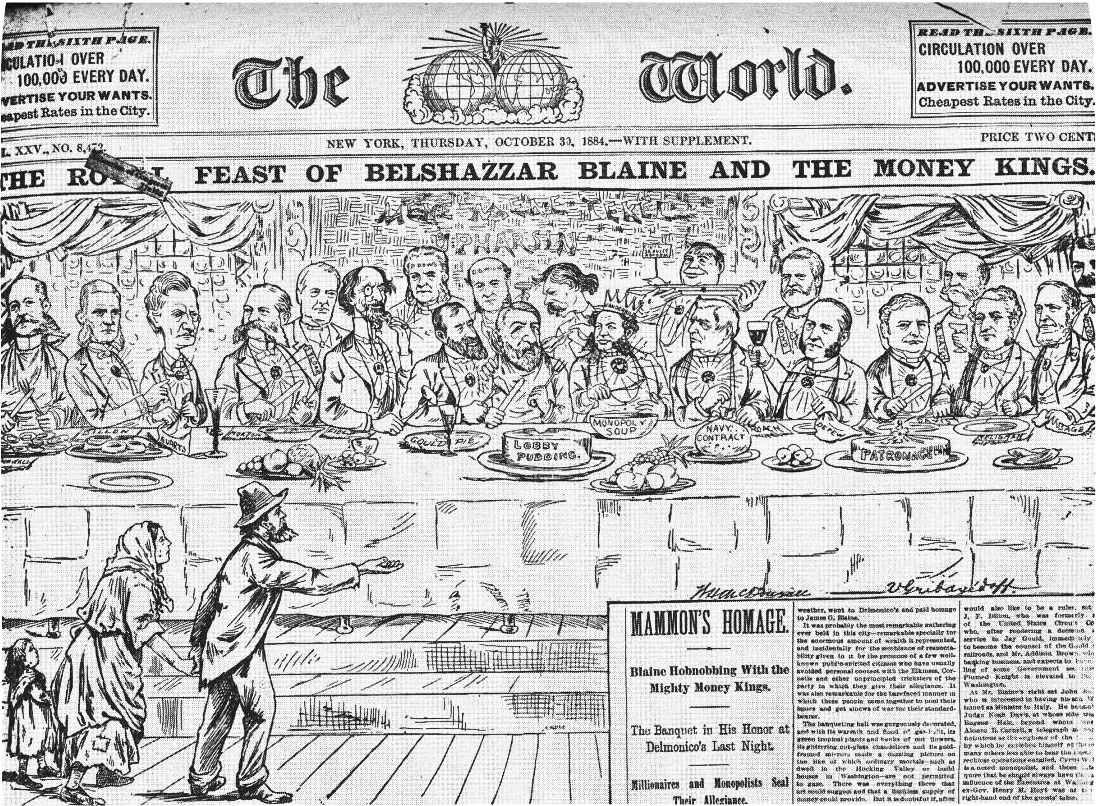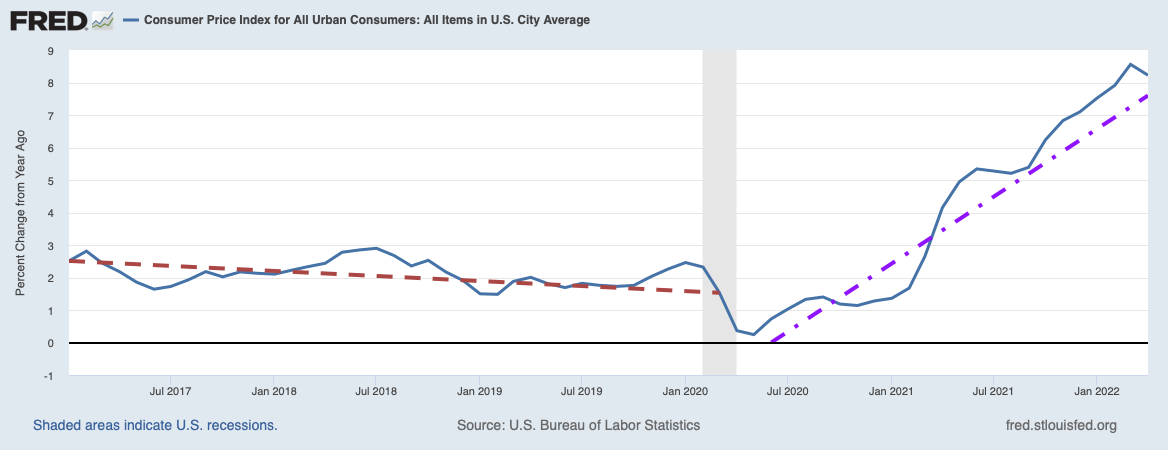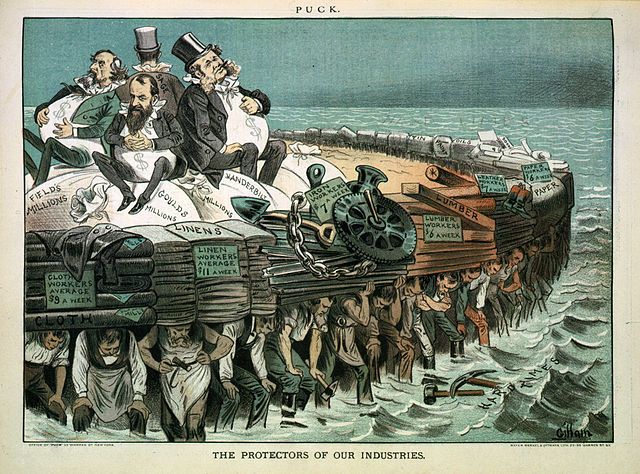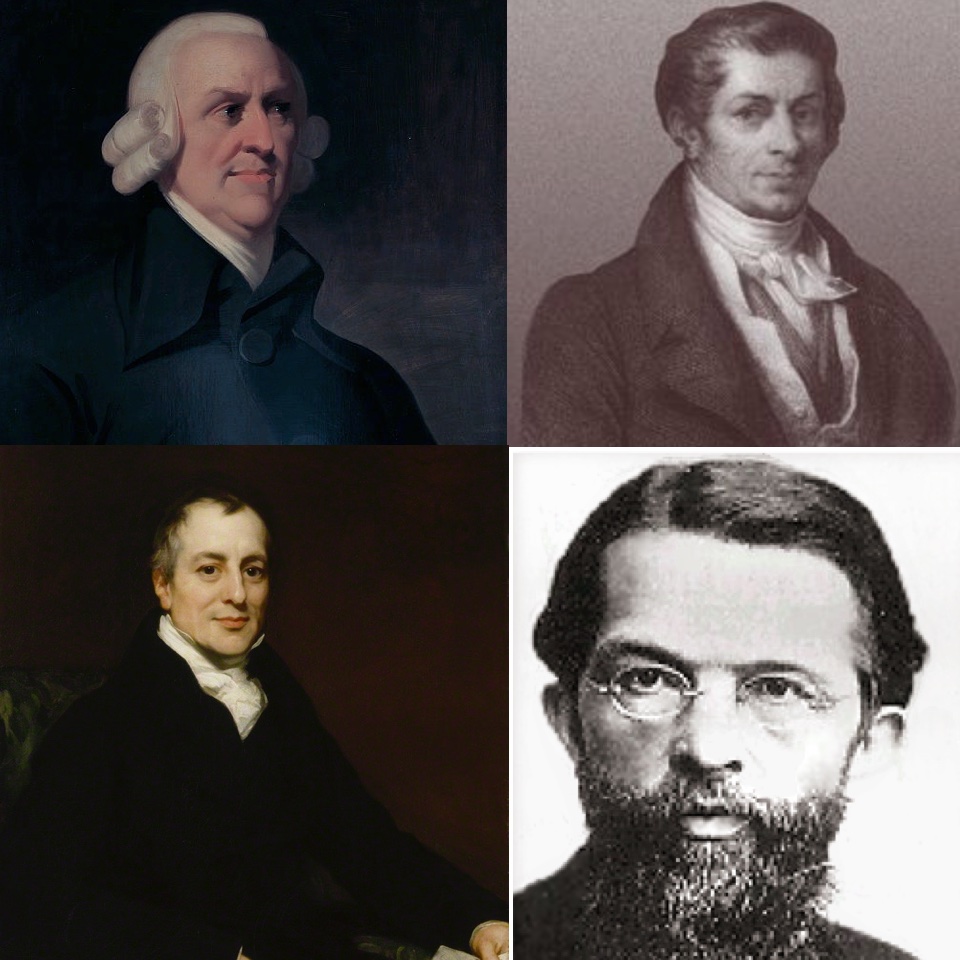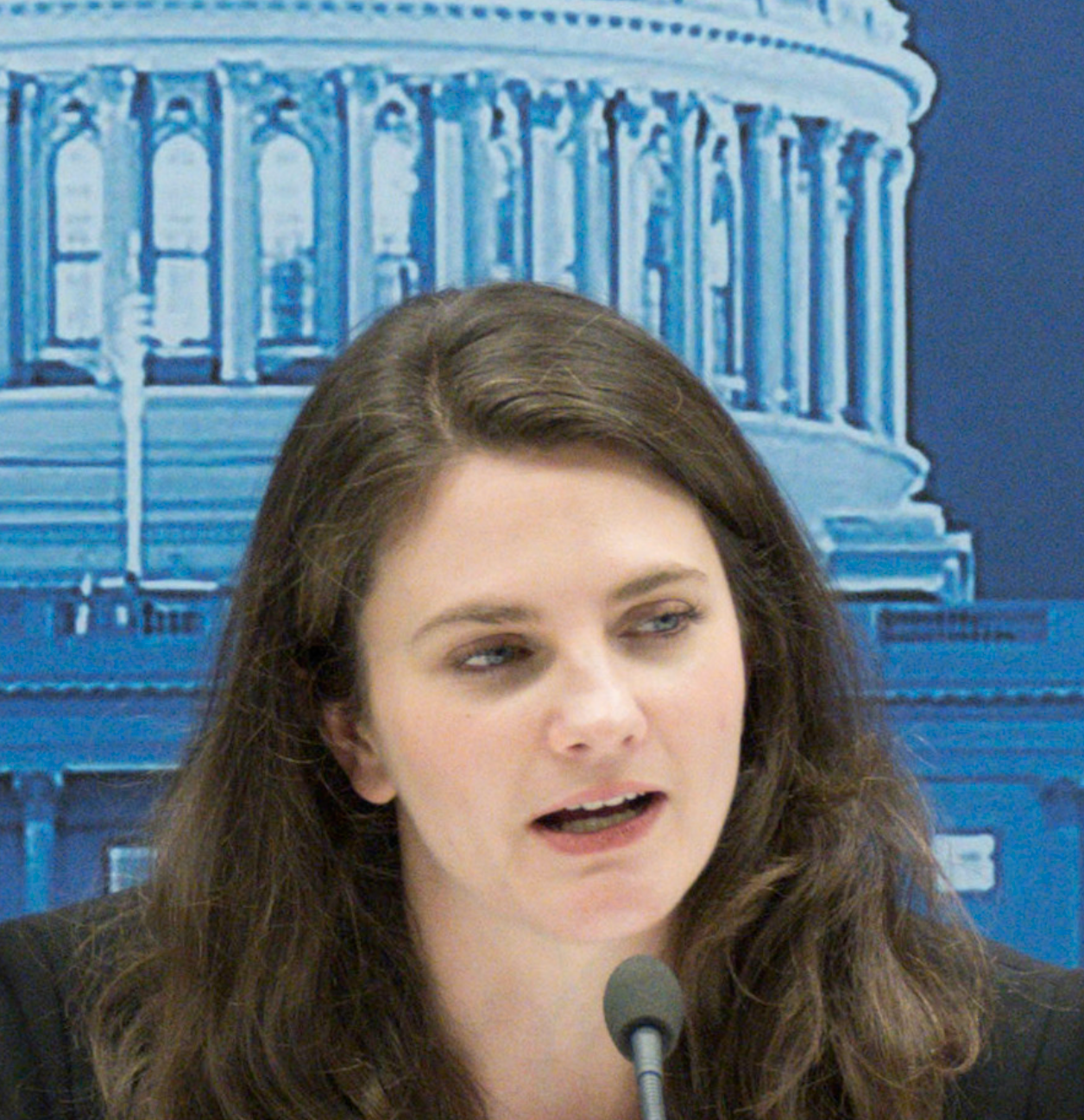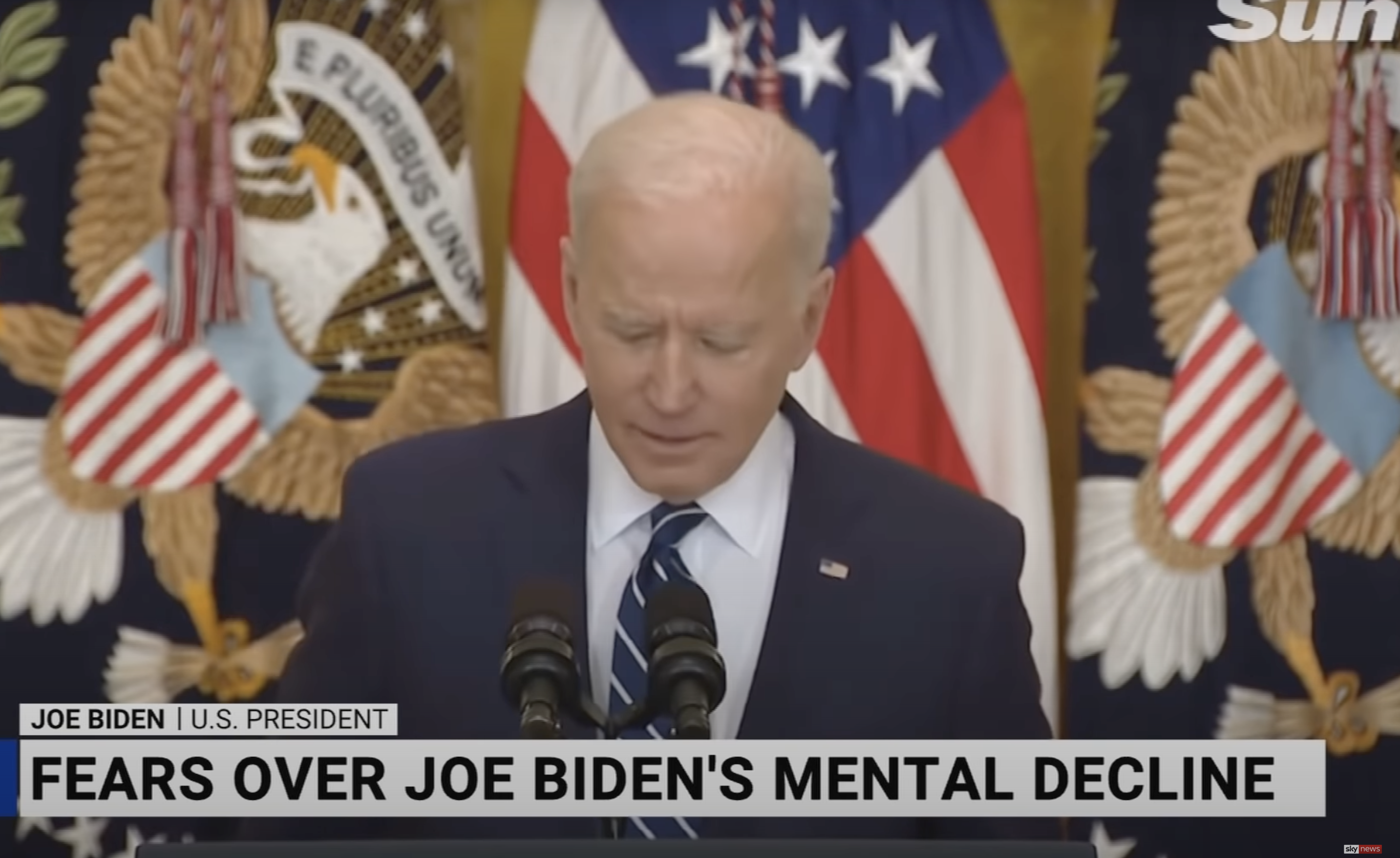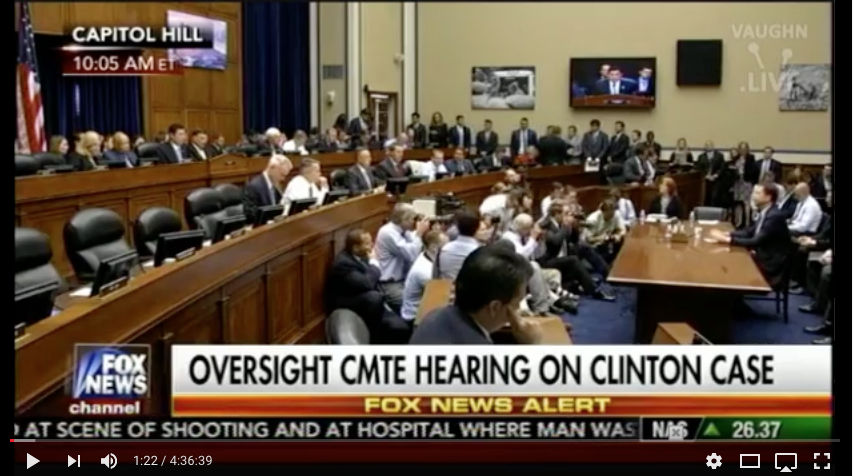Hillary Clinton’s Troubles Are Not Finished
- Screen Shot from FBI Director James Comey’s testimony on why FBI did not recommend seeking an indictment for Hillary Clinton, July 7, 2016.
Democratic party supporters might wish and hope for Hillary Clinton’s legal troubles to be now over, but they are quite likely to be disappointed.
The FBI Decision Not to Recommend Seeking An Indictment
Yesterday, July 7, 2016, FBI Director James Comey testified before the House Oversight Committee, chaired by Republican Rep. Jason Chaffetz, about his decision not to recommend to the Justice Department that Clinton be indicted for anything. As a point of reference I am placing the video of the entire committee meeting below.
Rep. Chaffetz opened the hearing by confessing puzzlement, given the immense set of facts Comey had explained supporting indictment, that the FBI would not recommend that course. When the second speaker, ranking Democratic member Rep. Elijah Cummings, gave his opening remarks, he also noted a “perceived gap” between the evidence the FBI had discovered and its recommendations as to disposition. Cummings begged Comey to “fill that gap.”
As Director Comey began his testimony, he stated that in past cases involving the mishandling of classified materials two questions about fact are predominant: (1) what did the suspect do, and (2) what was she thinking, i.e. what was her intent, when she did it? All throughout his testimony, this question of Clinton’s intent was paramount in his mind. As you may know (at least if you have read my posts on this subject, such as Are We No Longer a Nation of Laws? and This Smells to High Heaven!, at least one statute Clinton had been accused of violating, 18 U.S. Code § 793, subsection f, requires absolutely no intent to violate, only gross negligence leading to the classified material’s potential compromise. This is a very important point and one to which we will return later.
Comey did take note that this part of the Espionage Act of 1917 requires a need only to prove gross negligence, not intent. However, concerning this Comey stated there was a lot of concern in the 1917 Congress that enacted it in both the House and Senate
about whether that was going to violate the American tradition of requiring that before you are going to lock someone up, you prove they knew they were doing something wrong, So there was a lot of concern about it; the statute was passed. As best I can tell, the Department of Justice has used it once in the 99 years since, reflecting that same concern. I know from 30 years with the Department of Justice. they have grave concerns about whether it is appropriate to prosecute somebody for gross negligence, which is why they have done it once that I know of, in a case involving espionage.
This appears to be the fundamental reason Comey decided not to recommend that Justice seek an indictment.
On every other question involving Hillary Clinton’s behavior, Director Comey’s testimony absolutely damned her. He said that it was unreasonable for the Secretary of State to send or receive classified emails on unclassified servers. He found that more than 100 classified documents passed through her insecure servers, He was not prepared to say that Clinton lied under oath to Congress, and that he could not investigate without a referral from Congress. To this Rep. Chaffetz promised Comey he would receive such a referral within the next few hours. After very round-about answers to questioning, Comey essentially admitted Clinton should receive some severe consequence for her behavior. If she had been an employee of the FBI, she would have triggered a security investigation and quite possibly, even probably, fired.
Trey Gowdy elicited answers to questions illustrating how throughly she had lied to the entire nation:
- She had said she had never sent or received classified email at her unclassified servers. FALSE.
- She said there were no documents sent from her email marked classified. FALSE.
- She said there was no classified material, either sent or received, on her private server. FALSE
- Clinton said she had used only one device to access her emails. Comey said she had used multiple devices over the four year period.
- Clinton said all work-related emails had been returned to the State Department. Comey said they had found thousands of work-related emails that had not been returned.
- Clinton said neither she nor anyone else deleted any work-related emails from her servers. Comey said the FBI had found traces of such deleted emails either in devices or in reclaimed long-term memory (what he called computer “slack space”).
- She said her lawyers had read every email in her system and were overly-inclusive in sending emails back to the State Department. Comey said the lawyers had not read the emails.
Having asked these questions Gowdy then asked what was the role of false exculpatory statements like these in a trial. Comey admitted they could be used as evidence of consciousness of guilt and of intent. The suggestion was made by Gowdy that there were indeed reasons for prosecuting based on her intent.
What this line of questioning also revealed is that like her former boss, President Obama, Hillary Clinton is a serial liar.
Even if we were to accede to Director Comey’s point that one could not prosecute Clinton for gross negligence due to the doubtful constitutionality of that section of the law, surely one could prove intent to systematically move highly classified material from official repositories, i.e. SCIFS, to her private, insecure mail servers, and the exculpatory falsehoods she has uttered could be used to help prove that fact. In addition, all of the evidence of these falsehoods the FBI has dredged up can also be used to prove Clinton lied under oath to Congressional committees, which is also a felony. Rep. Chaffetz has almost certainly sent a referral to the FBI by now to investigate this possibility. Clinton can not breath a sigh of relief yet; she is still in legal peril.
Clinton’s Security Clearance
One high profile consequence of Clinton’s mishandling of classified materials, as suggested by James Comey himself, could be the lifting of Hillary Clinton’s Top Secret security clearance. Could we expect the Obama administration to take such well-deserved action? Given their extreme partisanship, probably not. Because of this, Senate Majority Whip John Cornyn (R-Texas) and Sen. Cory Gardner (R-Colo.) introduced a bill in the Senate to revoke her security clearance. Such a bill might pass both houses of Congress, but it seems highly improbable Obama would ever sign it. The biggest problem however would be that unless the bill were carefully crafted to not directly name Clinton, it is hard to see how the bill could avoid being ruled unconstitutional as a bill of attainder.
Also, it is hard to see how such a bill, if it could pass constitutional muster and if it could be passed over Obama’s veto, could be of much use. If Clinton is elected president, she would have access to all U.S. classified data anyway.
The Clinton Foundation
One final possibility Clinton might be laid low by the law is through public corruption charges, from her activities in support of the Clinton Foundation. It has been suggested by some the real reason Clinton maintained her private email servers was to keep from the public record incriminating emails receiving offers for or accepting quid pro quo bribes, paid into the Clinton Foundation by foreigners for services rendered by the Secretary of State. For supporting evidence, see the following posts:
- Exclusive: Hillary Shared An Email Network With The Clinton Foundation
- Game Over: EmailGate Just Crippled the Clinton Express
- Hillary’s Other Server Scandal
- New emails highlight interaction between State, Clinton Foundation
- Possible Conflict at Heart of Clinton Foundation
- Corruption Is Catching Up to the Clintons and Their Associates
During yesterday’s testimony before the House Oversight Committee, FBI Director James Comey was asked explicitly about any investigation the FBI might be conducting on the Clinton Foundation.
If the FBI were not conducting such an investigation, Comey could be expected to simply deny it. The fact he did not leads one to believe there must be one on-going.
Oh no, Hillary Clinton should not be sighing with relief yet!
Views: 1,655























